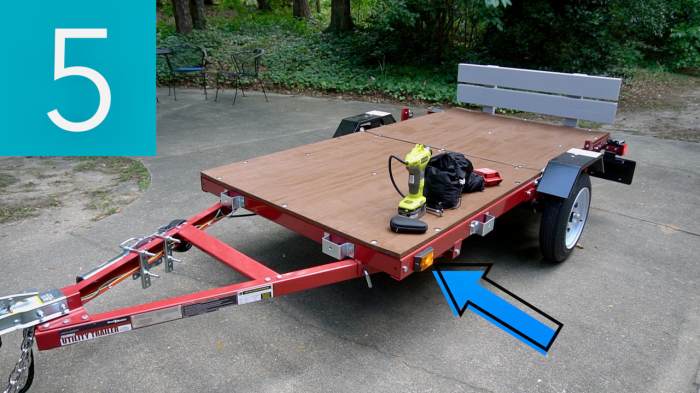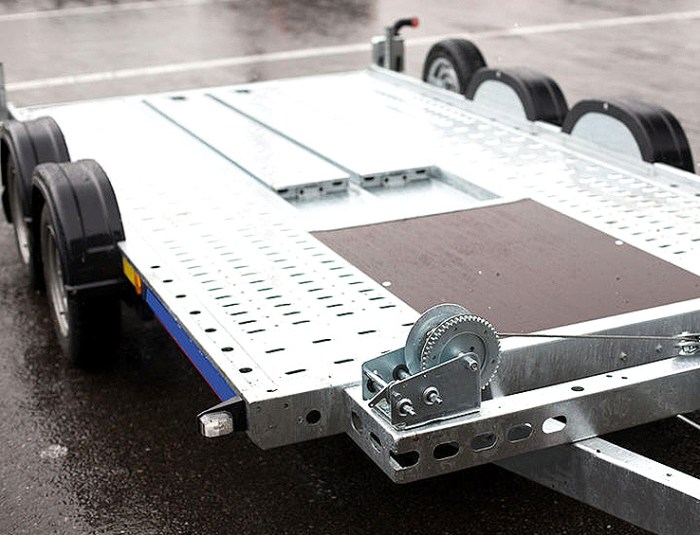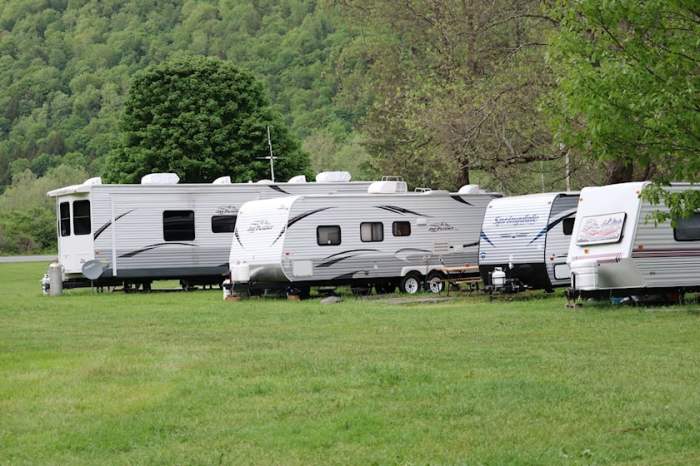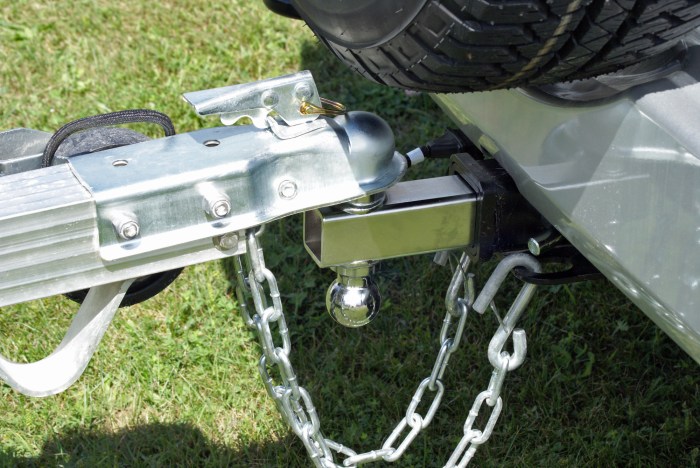If you are preparing to tow a small trailer, it is essential to take the necessary steps to ensure a safe and successful journey. This comprehensive guide will provide you with all the information you need to prepare your vehicle, select and load the trailer, hitch it securely, and tow it safely and legally.
Whether you are a seasoned pro or a first-time tower, this guide will provide you with the knowledge and confidence to handle any towing situation.
Vehicle Preparation

Ensuring the vehicle is adequately prepared for towing is crucial. The first step involves checking the vehicle’s towing capacity, which specifies the maximum weight it can safely tow. This information is typically found in the vehicle’s owner’s manual or on the manufacturer’s website.
Inspecting the Vehicle
Once the towing capacity is established, a thorough inspection of the vehicle’s brakes, tires, and suspension is essential. The brakes should be inspected for worn pads or rotors, while the tires should be checked for proper inflation and tread depth.
The suspension should be inspected for any signs of damage or wear, such as worn bushings or leaking shocks.
Additional Cooling and Transmission Upgrades
Towing can put additional strain on the vehicle’s cooling system and transmission. Consider installing an auxiliary transmission cooler to enhance cooling efficiency. Upgrading the transmission to a heavier-duty model may also be necessary for extended towing or hauling heavy loads.
Trailer Selection and Loading

Choosing the right trailer for the vehicle is important. The trailer should be appropriately sized for the intended use and not exceed the vehicle’s towing capacity. Consider the trailer’s weight, length, and height, ensuring it is compatible with the vehicle’s dimensions and capabilities.
Proper Loading and Securing
Properly loading and securing the trailer is essential for safe towing. Distribute the weight evenly throughout the trailer, avoiding overloading any one axle. Use appropriate tie-downs to secure the load, ensuring it does not shift during transit. Pay attention to axle load limits to prevent overloading and potential damage.
Hitching and Electrical Connections
There are various types of hitches available, each with its own advantages and limitations. Choose the hitch that is compatible with the vehicle and trailer. Follow the manufacturer’s instructions carefully for proper installation.
Electrical Connections
Electrical connections are necessary for the trailer’s lights and brakes. Ensure that the vehicle’s electrical system is compatible with the trailer’s requirements. Connect the electrical cables securely, following the manufacturer’s instructions to avoid any electrical issues.
Towing Techniques and Safety: If You Are Preparing To Tow A Small Trailer

Safe towing practices are essential. Always follow the manufacturer’s recommended speed limits and braking techniques. Be aware of the increased stopping distance when towing a trailer.
Maneuvering
Maneuvering with a trailer requires additional care. Practice maneuvering in a safe environment before attempting to tow on public roads. Use wide turns and avoid sudden lane changes.
Regular Maintenance and Inspections, If you are preparing to tow a small trailer
Regular maintenance and inspections are crucial for safe towing. Inspect the trailer’s tires, brakes, and lights regularly. Check the hitch and electrical connections for any signs of damage or wear. Have the vehicle and trailer serviced by qualified mechanics to ensure optimal performance.
Legal Requirements and Regulations

Towing a trailer may require additional licensing and insurance. Check with the local authorities to determine the specific requirements in your jurisdiction.
Safety Equipment
Ensure that the vehicle and trailer are equipped with the necessary safety equipment, such as fire extinguishers, first aid kits, and reflective triangles. These items are often required by law and can be essential in the event of an emergency.
Consequences of Violations
Violating towing laws can result in fines, penalties, or even impounding of the vehicle and trailer. It is important to comply with all applicable regulations to ensure safe and legal towing.
Query Resolution
What is the most important factor to consider when towing a trailer?
The most important factor to consider when towing a trailer is the towing capacity of your vehicle. This is the maximum weight that your vehicle can safely tow, and it is important to never exceed this limit.
How do I choose the right size and type of trailer for my vehicle?
When choosing a trailer, you need to consider the size and weight of the items you will be towing, as well as the towing capacity of your vehicle. You also need to decide what type of trailer is best suited for your needs, such as a cargo trailer, a utility trailer, or a travel trailer.
How do I properly load and secure a trailer?
When loading a trailer, it is important to distribute the weight evenly and to secure all items properly. You should also make sure that the trailer is level and that the tongue weight is within the recommended range.